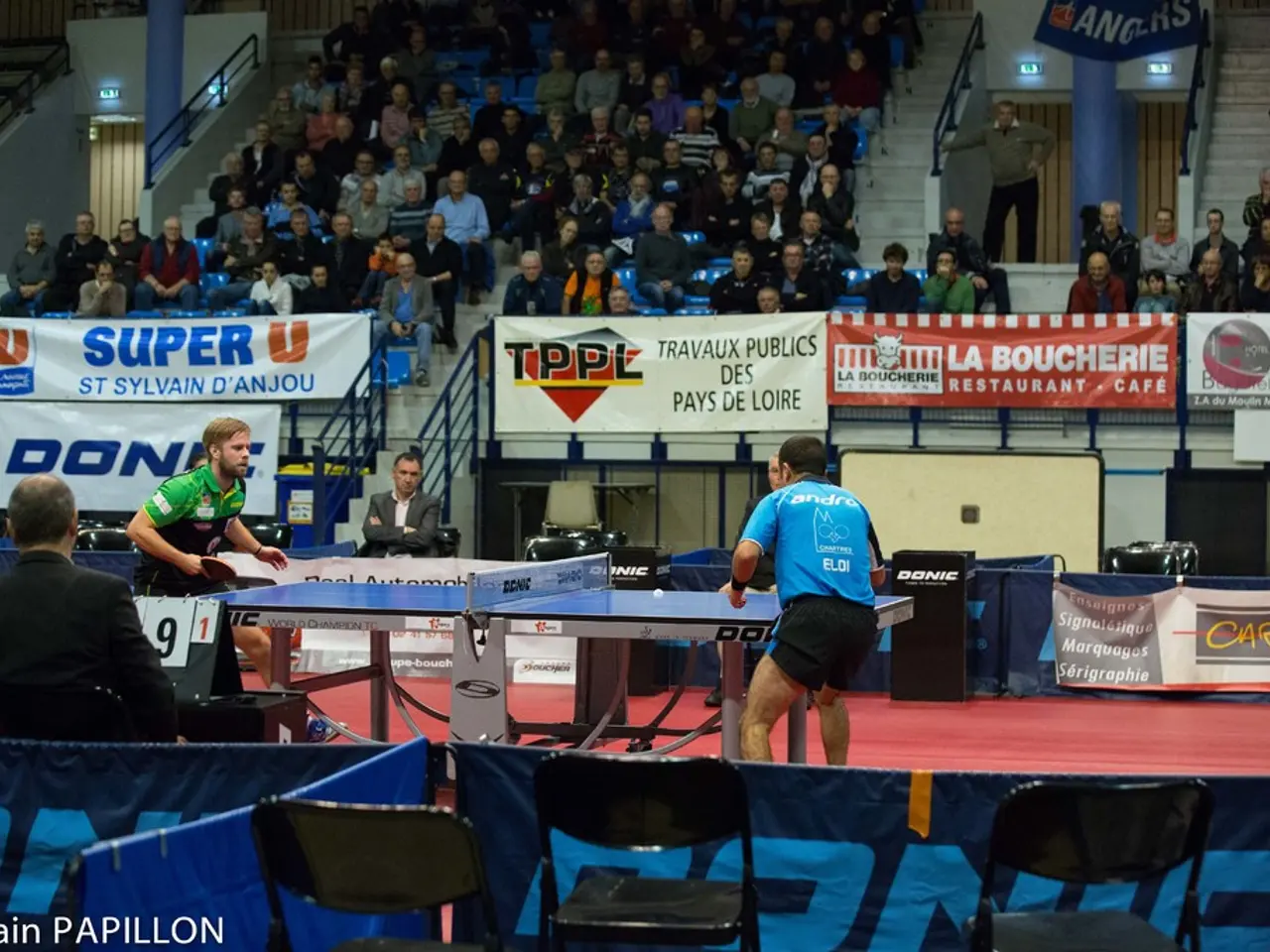Football Enthusiasts Band Together in Pivotal Judicial Controversy Against FIFA
In early August 2025, the Dutch organization Justice for Players (JFP) launched a landmark class action lawsuit against FIFA and several national football associations, marking a significant legal confrontation between players and the world governing body of football. The lawsuit, filed at the District Court of Midden-Nederland under Dutch collective action law (WAMCA), targets unlawful player transfer regulations that have allegedly infringed on EU competition law and the free movement of workers since 2002.
The lawsuit builds on a landmark ruling by the Court of Justice of the European Union (CJEU) in the Lassana Diarra case last year, which found FIFA’s transfer regulations violated EU law on free movement and competition. JFP is leveraging this precedent to seek financial damages for affected players, alleging widespread loss of earnings due to restrictions on contract terminations and transfers without “just cause.”
JFP represents over 100,000 professional footballers across EU member states and the UK, claiming these rules caused approximately an 8% reduction in players’ career earnings. The case could potentially rewrite the rules governing player mobility across the global football industry and lead to a reformation of transfer regulations where contractual stability is harmonized with player autonomy.
The scope and complexity of this case are unprecedented compared to past disputes with FIFA. If no settlement occurs, the case could go to court around 2029, given the complexity and scale. Financially, the repercussions could be significant, especially for clubs in lucrative leagues, since damages claims might lead to immediate payments and financial strain on clubs already facing losses.
FIFA has not yet provided a comment following the initiation of this lawsuit. The German Football Association (DFB) confirmed receipt and ongoing internal review. JFP has set an early September 2025 deadline for FIFA’s response.
Fifpro, the European division of the global players' union, has voiced its support for Diarra’s case and described JFP’s action as a crucial response to the CJEU ruling. Many speculate that this lawsuit could empower players to terminate contracts without compensation before their term ends. Onwere, a former Fulham midfielder, commented that this class action could rewrite the rules governing player mobility across the global football industry.
The legal team at JFP includes Jean-Louis Dupont, who was instrumental in winning the 1995 Bosman case, which fundamentally transformed football, allowing players to let their contracts expire and move to new clubs without the previous clubs being entitled to compensation. Preliminary analyses suggest that the potential damages could reach billions of pounds.
In summary, the JFP class action against FIFA is actively progressing through notification and preparatory stages, with the potential for a lengthy court process and significant financial consequences for FIFA and national football bodies. As the legal process unfolds, the future of player mobility and the financial landscape of football could be forever altered.
[1] Dutch collective action law (WAMCA) [2] The Guardian [3] ESPN [4] BBC Sport
- The sports-analysis of the ongoing legal battle between Justice for Players (JFP) and FIFA, national football associations, and others suggests that the outcome could significantly impact the sports of football, possibly redefining transfer regulations and player mobility across the global football industry.
- Spurred by the landmark ruling of the Court of Justice of the European Union in the Lassana Diarra case, JFP is leveraging the sports-analysis from the Bosman case to pursue sports-analysis against FIFA, seeking financial damages for affected players due to the alleged violations of EU competition law and free movement of workers since 2002.





